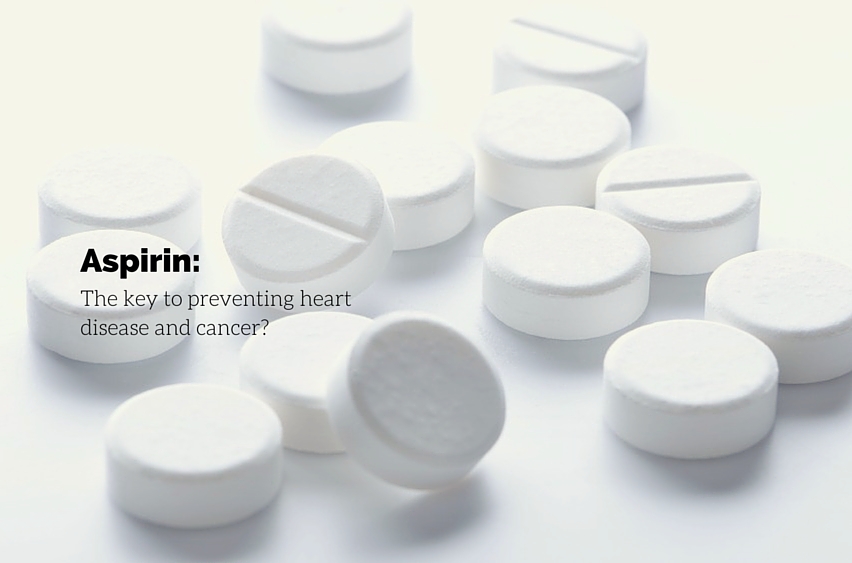In April, the U.S. Preventive Services Task Force (USPSTF) issued new guidelines that recognize low-dose aspirin therapy as an effective way to prevent cardiovascular disease (CVD) and colorectal cancer.
While the USPSTF has long recognized aspirin’s role in reducing the risk of CVD, the new guidelines are the first time aspirin therapy has been recommended as a way to prevent cancer.
“We are encouraged to find yet another means to reduce the risk of colon cancer but there are risks associated with aspirin and other medication and health conditions, patients should discuss low-dose aspirin therapy with their doctor before beginning this therapy,” notes OHC medical oncologist Dr. Michele Redden-Borowski.
Long-term daily aspirin use reduces the risk of developing colorectal cancer by roughly 40 percent, according to the American Cancer Society, but the benefit takes several years to take effect, a consideration the task force factored in when creating the new recommendations. In issuing the recommendations, the USPSTF recognized that aspirin therapy isn’t for everyone as it is associated with a risk of gastrointestinal bleeding.
The new guidelines recommend:
- Most adults between the ages of 50 and 59 who are at increased risk of CVD should start to take a low-dose aspirin every day, after consulting with their primary care clinician.
- Adults between the ages of 60 and 69 who are at increased risk of CVD should make a decision with their primary care clinician about whether to start taking a low-dose aspirin every day.
- For adults younger than 50 or older than 70, there is not enough evidence on the risks and benefits to make a recommendation.
CVD and cancer are the leading causes of death in adults in the United States. In 2011, more than half of all deaths in the United States were caused by heart disease, cancer, or stroke.


